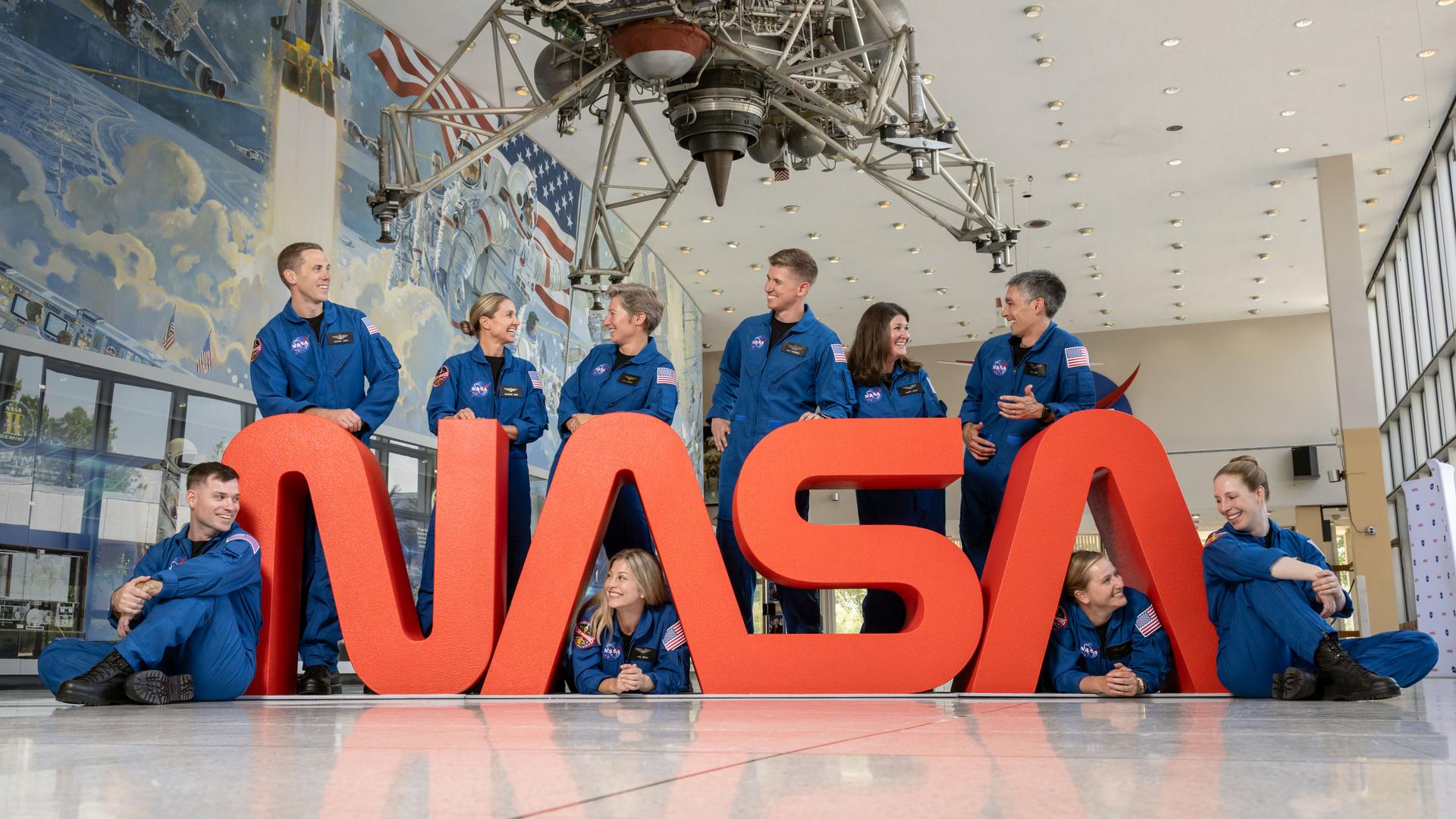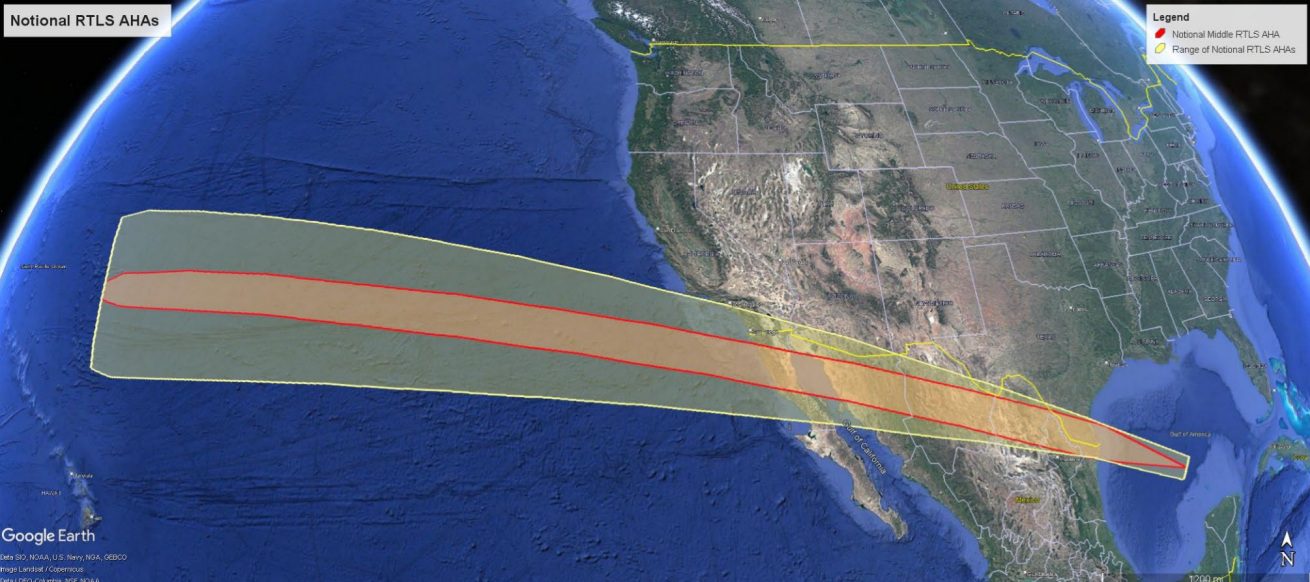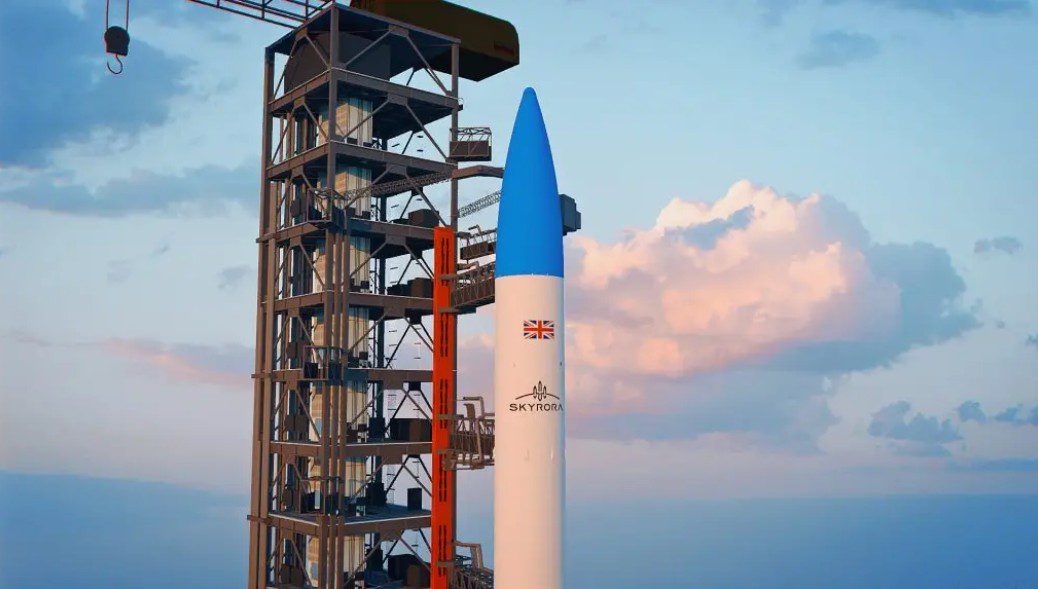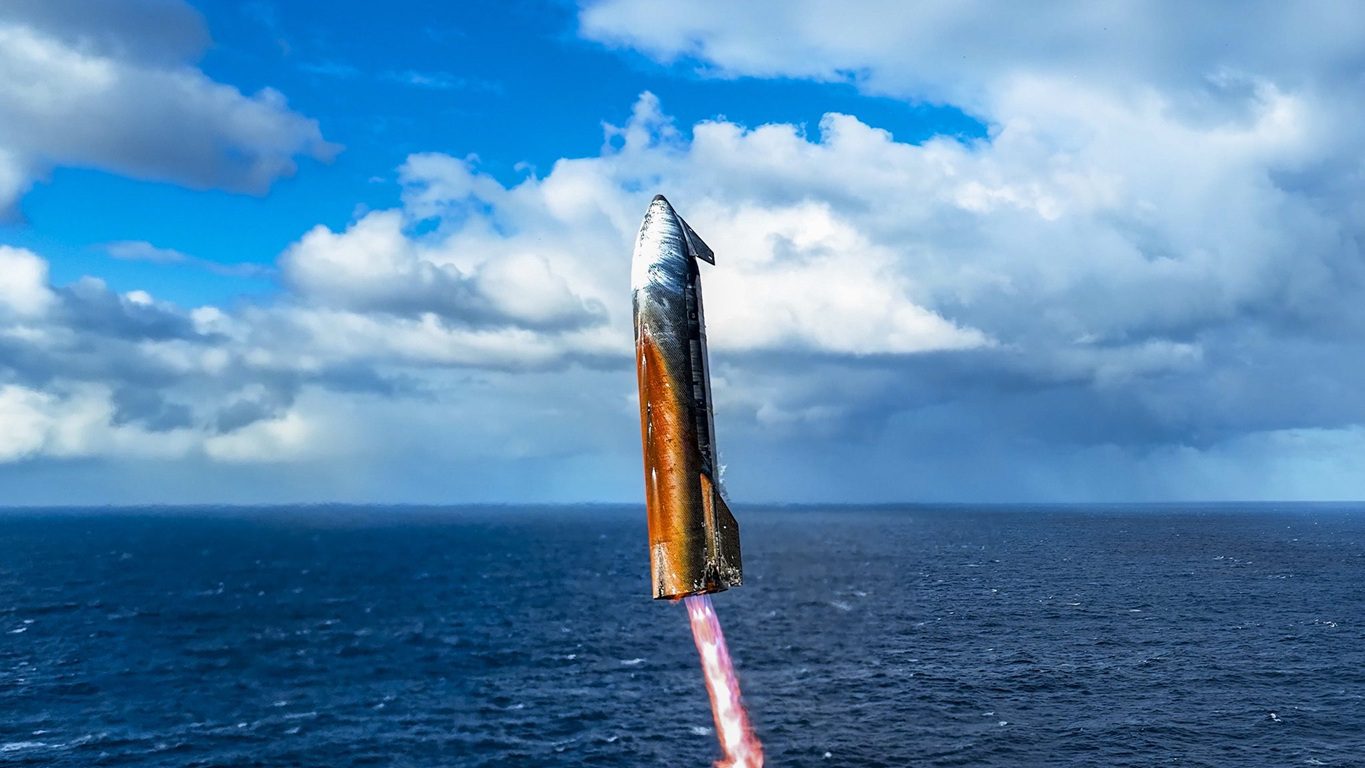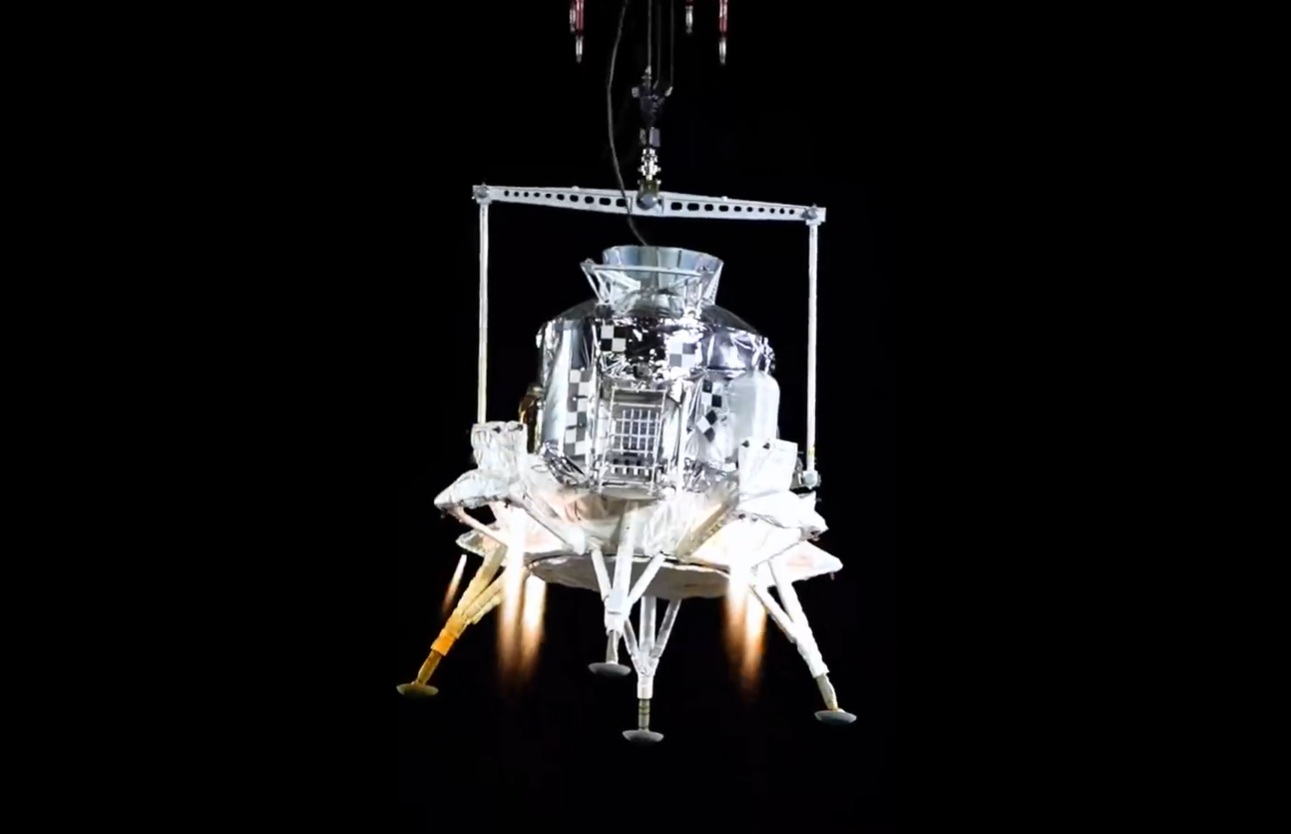New space and even established space companies sometimes have to endure difficult periods when sufficient revenues are simply not there, or do not come in fast enough. At moments like these cash is king. To survive, firms may have to resort to emergency funding, or make staff cuts. Lay-offs are regrettable since much of the workforce have loyally contributed to the company. Job losses cause hurt both to those left to look elsewhere for work and to those who remain with the firm, and companies lose expertise.
Unfortunately, a number of orbital and suborbital firms were affected in this way during November.
Virgin Galactic had sat on a cash mountain, unlike its failed Virgin Orbit stablemate, partly because it took in a lot of cash in seat reservations for its suborbital service. However, its rate of cash burn meant it was forced to announce a series of lay-offs as it waited for the larger Delta class of SpaceShipTwo suborbital launch vehicles. With two more passengers carried than the current four in the SpaceShipTwo Unity class, these trips should provide more revenue and be much more profitable. Nevertheless, concern remains that Virgin Galactic’s flight rate will have to be stepped up if it is to avoid a cash crisis.
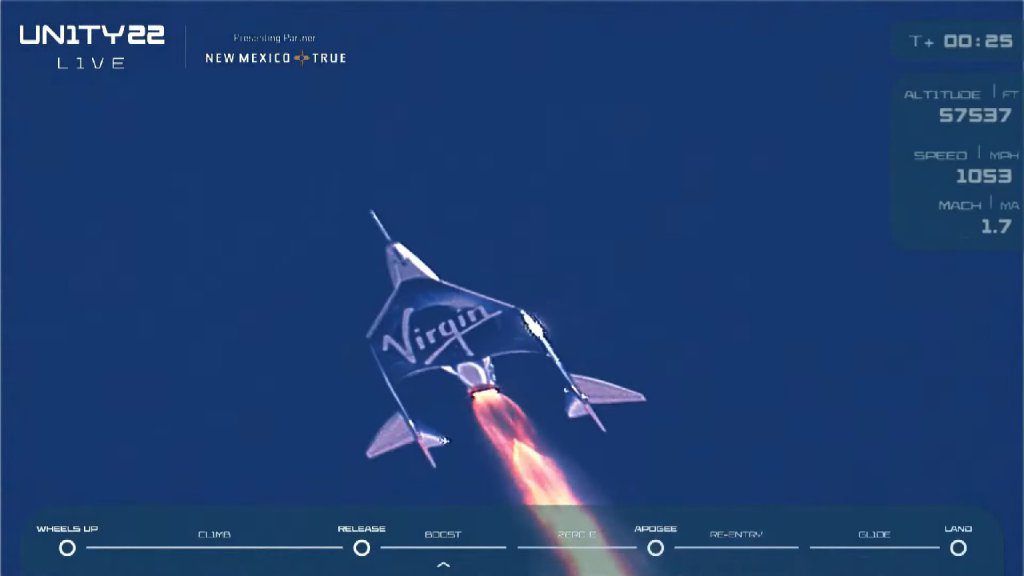
VSS Unity following its release from its mothership propelling itself higher towards its target altitude. Courtesy of Virgin Galactic
Sierra Space announced the lay-off of 165 employees in November just after completing the unmanned winged cargo mini-spaceplane Dream Chaser Tenacity, ready for testing at NASA Armstrong’s field centre in Ohio. Many of those let go, along with some contractors, had been working on the project, which is aiming for a maiden launch on an Atlas V rocket next year.
The company plans to take on employees from Sierra Nevada Corporation, the mother company it was spun off from, to concentrate on other projects related to military and national security. These are thought to include payloads related to Dream Chaser.
While staff cuts have yet to be announced, the start-up launch firm Astra Space – which has yet to have a successful launch – is in financial trouble. It reported a third quarter loss of US$29.7 million on US$256,000 of revenue. The firm’s founders, CEO Chris Kemp and CTO Adam London, have offered to buy the firm outright, valuing the company at US$30 million. In the meantime, the firm is seeking external financing to allow its current loan repayment to go ahead. The company has already defaulted on one loan to preserve its dwindling cash.


